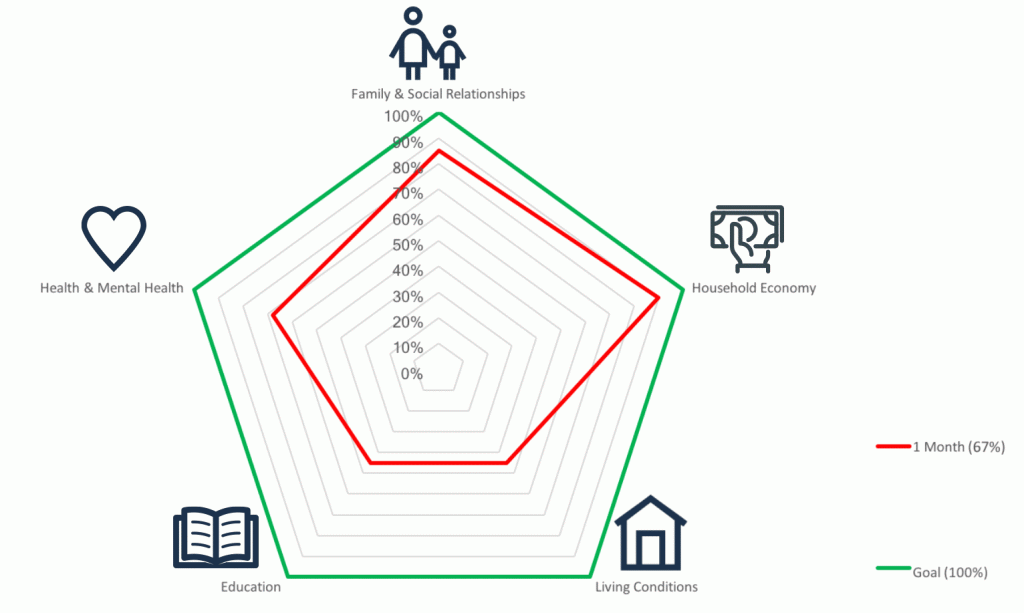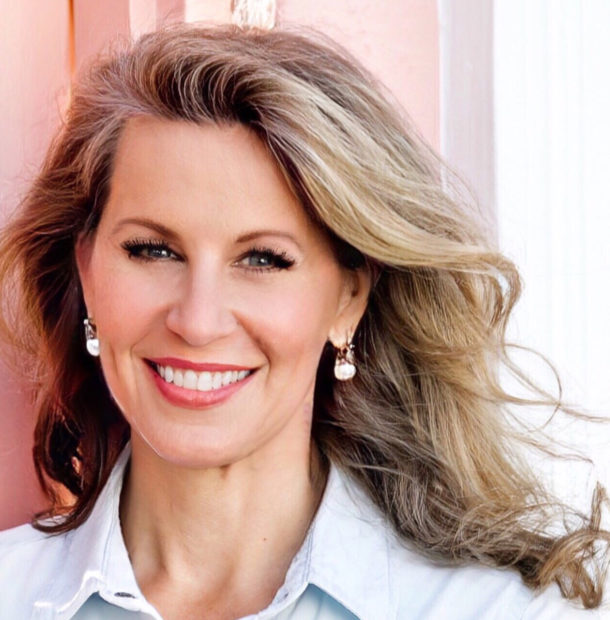
The problem
As you read this, millions of children are separated from their families, living in institutions or on the streets. Many survive with substandard care, unloved and at risk – all of them dreaming of a family. In the worst cases, the orphanage environment exposes children to devastating abuse and psychological trauma, creating adults who are 10x more likely to become sex workers and 50x more likely to be in prison.
But, we are also in the midst of a profound paradigm shift. Efforts are being made to reform foster care systems, support families before separation occurs and reunite families where preventable separation has occurred. We all know kids everywhere deserve better.
The movement has begun and Miracle Foundation is on the front line.
The solution
Miracle Foundation’s work in the past was grounded in helping orphans in need to have a better quality of life but has evolved to also ensure that every child has an opportunity to grow up in a family. Children who are separated from their families yearn to go back and feel the love and belonging a family can offer.
In order to ensure a family for every child, they have three core initiatives. Learn more about them below.
Prevent children from entering the system
Every day around the world, social workers, caregivers and government officials make decisions that impact millions of vulnerable children. Along with UNICEF and other partners, Miracle Foundation provide highly specialised training and educational resources for these “boots on the ground” workers in the childcare ecosystem.
Through this collaboration, Miracle Foundation has trained 2300+ government officials and caregivers, while activating child-protection committees and empowering youth-led initiatives. All of this outreach works to identify and support at-risk children and vulnerable families long before formal interventions become a necessity. This is the future. This is how we break the cycle.
Transition children from orphanages into families
After years of supporting children in orphanages, Miracle Foundation now focus on helping children transition from orphanages into families. To facilitate this, they’ve adapted a Thrive Scale™ to measure and activate a child’s rights after they return home. They’re also encouraging orphanage buy-in on the concept of family reunification.
Measuring progress
Miracle Foundation uses data to drive their decisions and ensure that all children thrive.
Using Thrive Scale™ methodology, a revolutionary application that allows them to measure progress and assess risk at every stage of work. The Thrive Scale™ focuses on five well being domains: Physical & Mental Health, Education, Family & Social Relationships, Home Finances and Living Conditions.
Developed over the past two decades, this one-of-a-kind tool takes the guesswork out of caring for children, especially during the critical period after a child leaves an orphanage and returns to a family environment.


About
Miracle Foundation was founded by social entrepreneur, Caroline Boudreaux.
In May 2000, on Mother’s Day, Caroline’s life changed forever as she visited India for the first time and met a group of more than 100 orphaned children. The children were bald and filthy with empty-looking eyes — yet she saw their incredible potential. Since that day, she has committed her life to helping orphaned children realize that potential.
Caroline is a firecracker Cajun who was born and raised in Lake Charles, Louisiana and attended Louisiana State University where she earned a Bachelor of Science in Psychology. Prior to her nonprofit work, she had a successful career in media advertising.
For her achievements with Miracle Foundation, Caroline has received a variety of awards including: The Hope Award, The Impact Award and the United Nations Humanitarian Award. She is a popular speaker on topics of Reimagining Philanthropy, Social Impact vs Charity, and how to Engineer a Miracle.
Caroline is a Young Global Leader with The World Economic Forum and has completed executive programs at Harvard’s Kennedy School of Government, Yale’s Jackson Institute for Diplomacy, India School of Business and Oxford University.